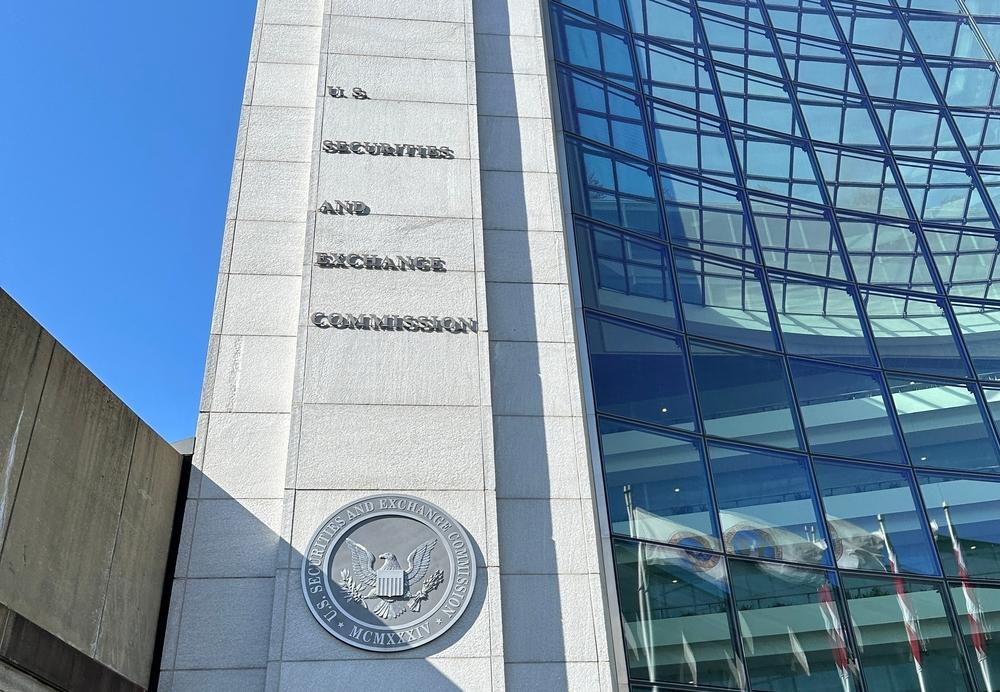Cracking open a conversation about technology and market dominance, two key US representatives, Jan Schakowsky and Gus Bilirakis, reached out to Tim Cook, the chief of Apple, Inc., with questions about the effects of the App Store's policies on new technologies such as blockchain and nonfungible tokens (NFTs).
The letter, a formal query from these lawmakers, questions if the restrictive guidelines of the App Store might unintentionally obstruct the evolution and expansion of advanced innovations. They've noted a pattern in Apple's stance towards their App Store, which appears to reap benefits while simultaneously constraining the functionality of applications related to cryptocurrency.
The representatives highlighted how Apple insists on "lite" versions of these apps, a strategy that not only pumps profits into Apple's coffers but also reduces the overall effectiveness of these apps. They used the example of Axie Infinity's experience with the App Store to validate their point.
The purpose of this letter was to voice their apprehensions about Apple's rules and their possible adverse effects on America's stature in the world of emerging technologies. According to the chairman and the ranking member of the Innovation, Data, and Commerce Subcommittee, Apple's reasons for these restrictions were under the banner of security enhancement. However, concerns abound that Apple might be using its App Store as a weapon to curb competition, disguised as its "walled garden" approach.
The lawmakers pressed on the need for Congress to grasp the App Store's policies thoroughly and evaluate their potential to stifle innovation. They insist on promoting total transparency and holding Big Tech responsible for any monopolistic tendencies. Their aim, they declare, is to foster an even playing field within the tech industry to sustain the vibrancy of American innovation. These aren't their first such inquiries, with similar concerns previously raised about App Store policies in relation to TikTok and other Chinese applications.

























Comment 0